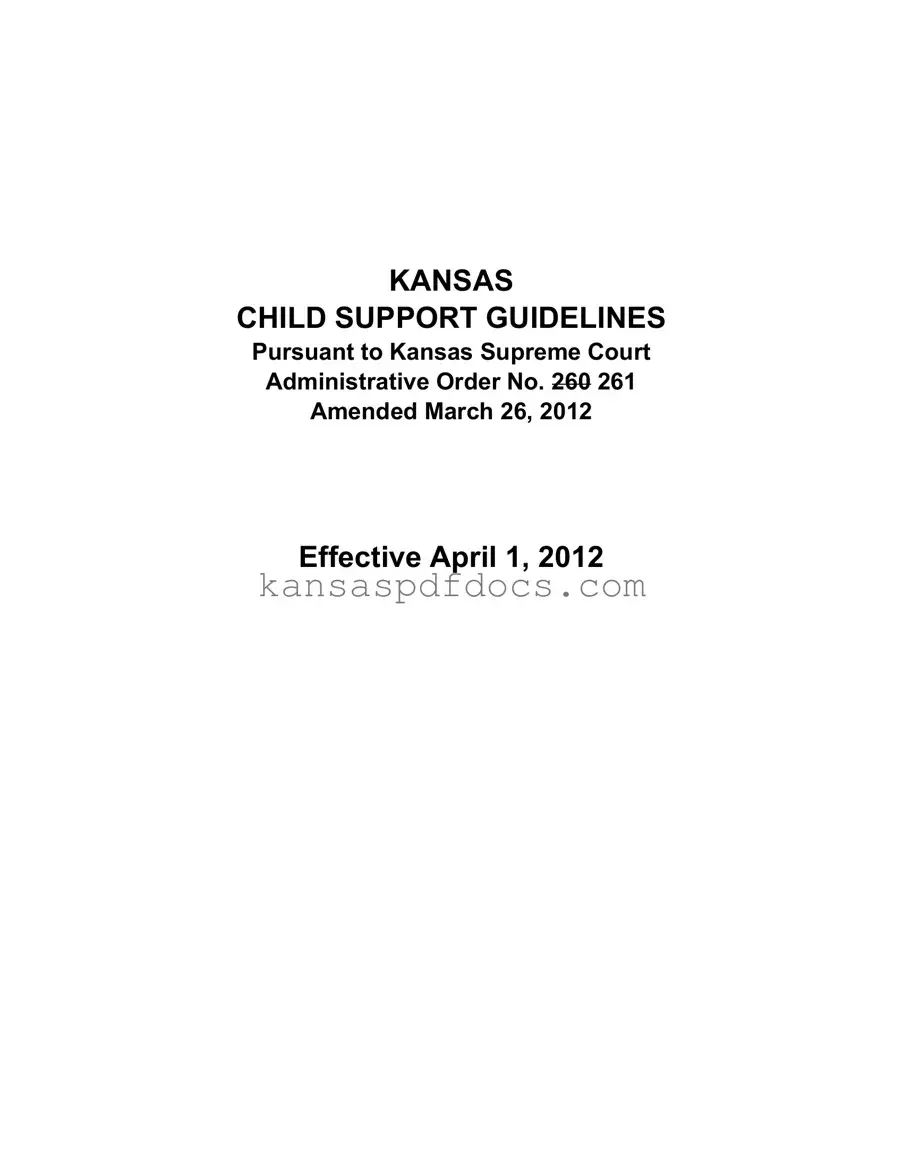Download Kansas Child Support Form
The Kansas Child Support form is a crucial document used to establish and review child support orders within the state of Kansas. This form helps ensure that child support obligations are calculated fairly, based on the financial circumstances of both parents. Understanding how to properly complete this form is essential for parents navigating child support issues.
Access This Form Now

Download Kansas Child Support Form
Access This Form Now
Your form isn’t ready yet
Edit and finalize Kansas Child Support online without printing.
Access This Form Now
or
Get PDF Form
